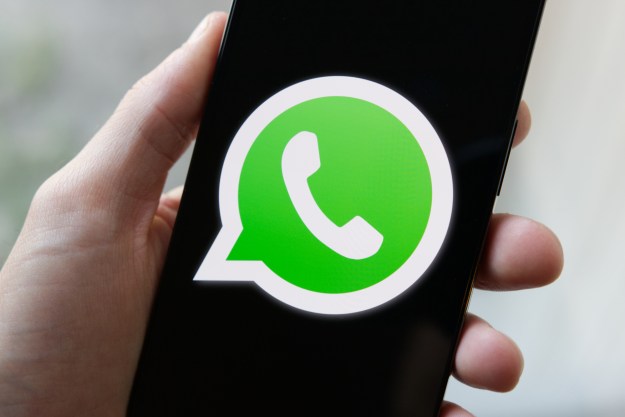There are few tasks more frustrating than trying to aggregate cool videos, websites, and pics you’d like to digitally share with friends. Copying and pasting links between browser tabs can be a major pain in the rear, and that goes double for mobile. Constantly copying stuff you find in an internet browser to a group messaging app, for example, can be a masochistic exercise in futility. That, Google says, is where Spaces comes in, a new app for Android and iOS that makes finding, sharing, and discussing cool content less frustrating.
The app’s conceit — chat rooms for common interests — is a simple one, admittedly, but Spaces is a bit more robust than your average messaging app. Starting conversations is made easier by built-in tools that let you search Google results, peruse YouTube, and even browse the web. When you’ve found something cool, inviting your friends to a viewing party’s as easy as shooting a link via your preferred messaging app, email client, or social network. New shares from conversation participants to the group appear in a “conversation view” — threaded messages attached to shared items, basically — and are archived for posterity.
Google says Spaces will roll out on Android, iOS, and the web later today, and is encouraging developers who will be attending its I/O conference next week to install it ahead of time. “We’ll … be experimenting with Spaces this week at Google I/O,” the company said in a press release. “We’ve created a space for each session so that developers can connect with each other and Googlers around topics at I/O …”

Spaces might be perceived as the search giant’s crack at a lucrative, growing market: ecosystem-rich chat apps. Mainstays like Skype, Line, and WhatsApp boast hundreds of millions of active users, and Slack, arguably the most successful newbie of the bunch, was recently valued at $3.8 billion.
Spaces appears also to be a preparatory step by Google toward reinvigorating its social media efforts — efforts that have so far been marred by failure. Google+, the Mountain View company’s social network, has failed to make headway against incumbents like Facebook. And Buzz, a disastrous attempt at replicating Twitter’s form of shorthand sharing, deterred the company from ever again pursuing the market.
The promise of Spaces — a streamlined bookmarking and messaging app in one — is one with broad appeal, no doubt. But whether Google can attract away folks away from the many, many more established platforms with which the app’s competing remains to be seen.
Editors' Recommendations
- Google Messages vs. Samsung Messages: Which app should you use?
- Google just redesigned one of its biggest apps, and it’s bad
- One of our favorite Android phones just got its own iMessage app
- I found a huge problem with the new ChatGPT iPhone app
- Forget ChatGPT — Siri and Google Assistant do these 4 things better


